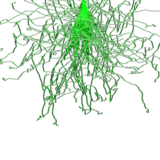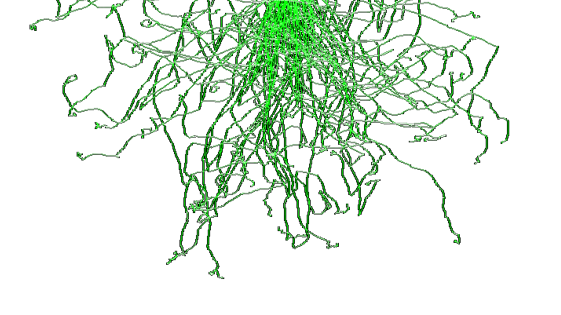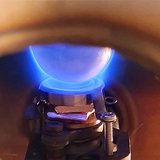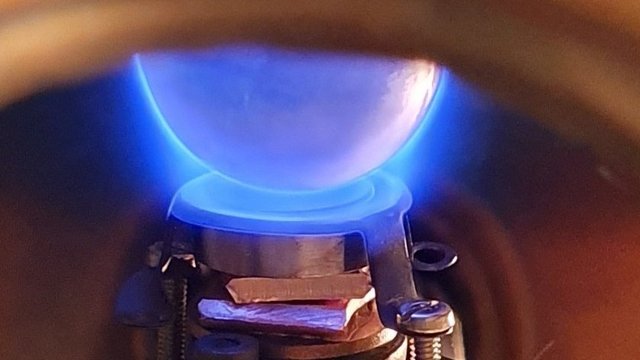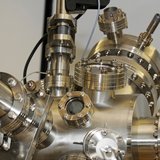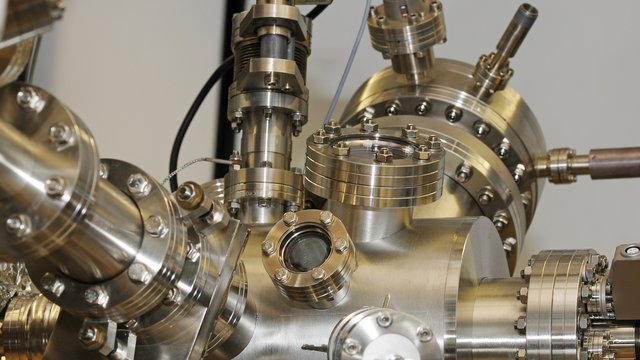Modern materials research is increasingly dependent on ever more precise knowledge and control of physical and chemical properties. In recent decades, the demand for techniques that enable a detailed insight into and targeted adjustment of the physical and chemical properties of a material has therefore risen steadily. The surface is of particular importance in this context. As the area of the solid that is in direct interaction with the environment, the surface has a significant influence on various material-specific properties. These include, for example, the corrosion resistance, wettability or catalytic activity of a material.
The SEAL at the Clausthal Center for Materials Technology covers a wide range of different methods and techniques in the field of surface and material analysis and surface preparation. With the methods available at SEAL, materials and in particular material surfaces can be specifically examined and functionalized with regard to their structural and physical-chemical properties. The analytical methods can be used, for example, to obtain information about the composition of the elment, existing chemical bonds or the topography. The available methods cover different information depths and spatial resolutions. Both depth-resolved investigations (a few nanometers to several micrometers) and local point analyses (in the nanometer range) can be carried out. In terms of surface preparation, methods are available for targeted material removal, coating, cleaning and functionalization of surfaces. The potential use of the various techniques extends along the entire value chain, from basic research to applied issues, whereby all common material classes from metals, ceramics and glasses to polymer materials and organic materials can usually be addressed.
